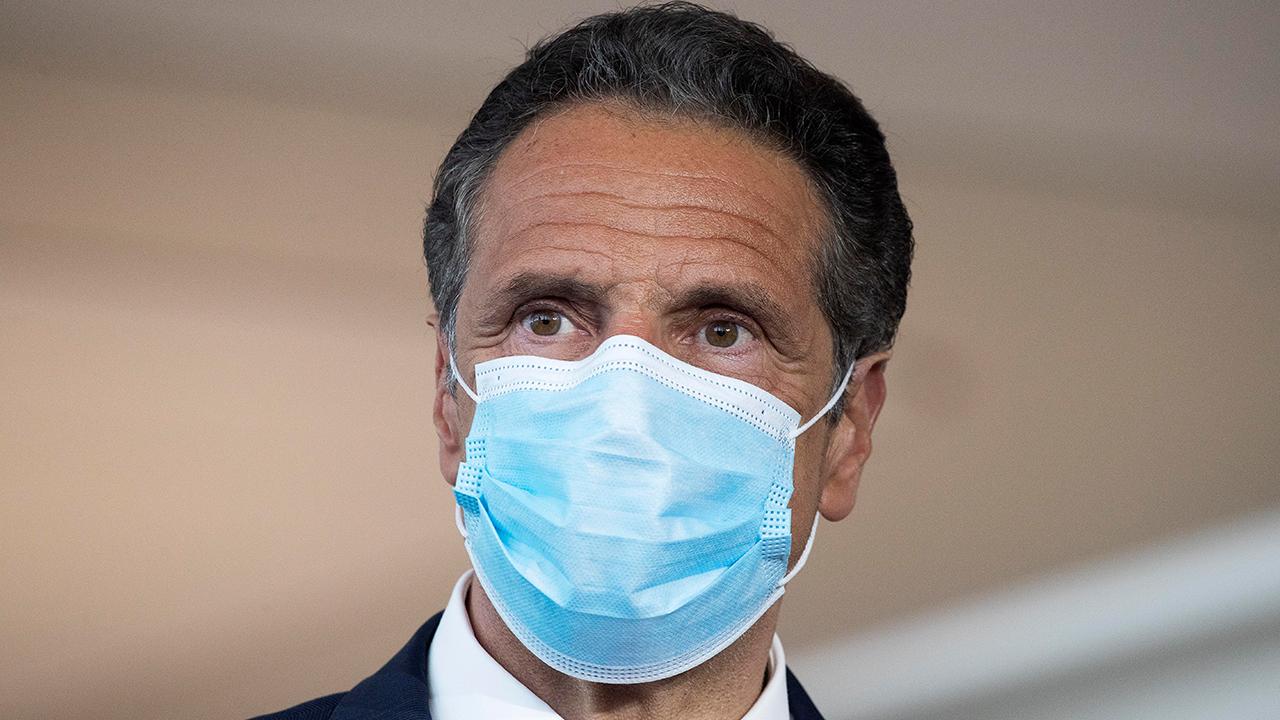High-tax California proposes raising rates for millionaires
A new bill lays out three new surcharges on the state's high-earners
As a number of states consider tax hikes to plug deepening coronavirus-related budget holes, the California Legislature is considering a measure to raise tax rates on its wealthiest residents, who already face some of the top rates in the U.S.
The bill, introduced this week, would hike income taxes on people who earn more than $1 million per year. Those people would face three new surcharges, which include an additional 1 percent levy imposed on people earning $1 million, increasing to 3 percent at $2 million and 3.5 percent at $5 million.
TAX HIKES CONTEMPLATED TO PLUG CORONAVIRUS-CAUSED BUDGET SHORTFALLS
California’s highest marginal rate is 13.3 percent. By some estimates, the new tax rates could raise the highest combined federal and state rates to 54 percent.
It has been estimated that the hike would apply to just 0.5 percent of taxpayers, who accounted for 40 percent of all income tax collected in 2018.
The state increases would also apply to capital gains. The bill would be retroactive to January 2020, if approved.
Revenue generated by the increase would be used to fund education and other government services.
SEATTLE CITY COUNCIL APPROVES PAYROLL TAX ON LARGEST, BEST-PAYING COMPANIES
A number of other cities and states are weighing raising tax rates to plug coronavirus-caused budget shortfalls.
Nashville, for example, approved a budget that contained what it acknowledged would be a “painful” property tax increase on its residents.
Colorado and California are also eyeing property tax increases.
CLICK HERE TO READ MORE ON FOX BUSINESS
Meanwhile, Seattle is looking to impose a payroll tax on the city’s highest-paid employees, working at its largest employers. The tax would range from 0.7 percent to 2.4 percent and would be applied to businesses with $7 million or more in annual payroll. An assessment would not be placed on salaries below $150,000.
Moody’s Analytics chief economist Mark Zandi said during a recent webcast that the budget shortfall among state and local governments could approach $500 billion by mid-fiscal 2022.




















